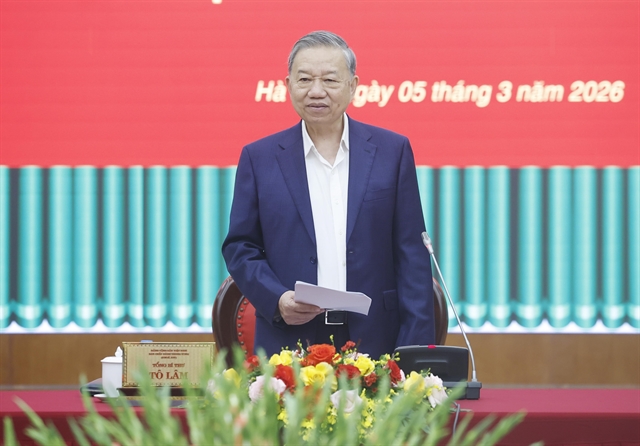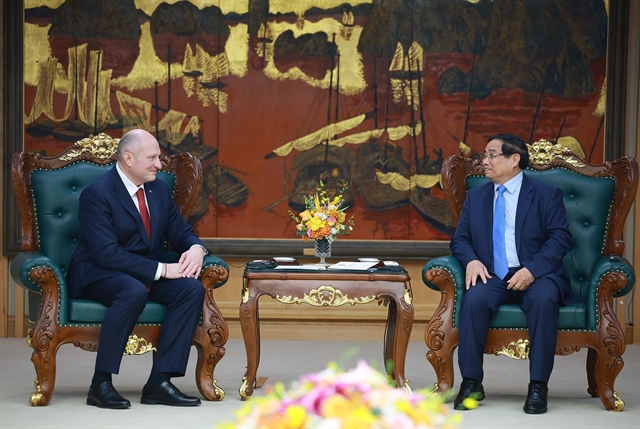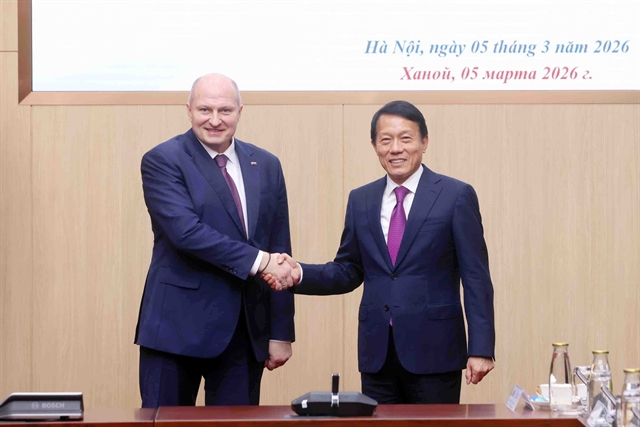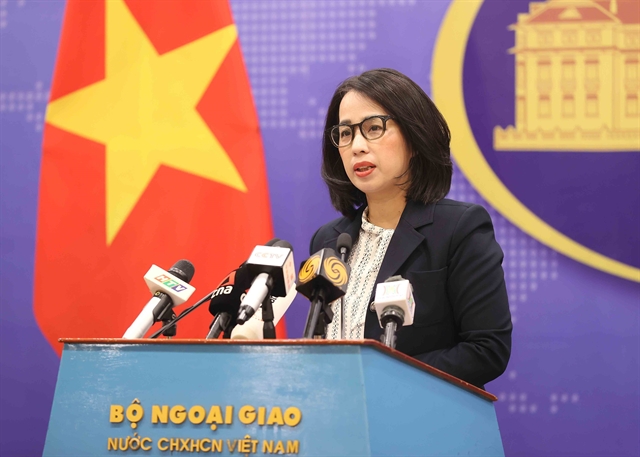 Life & Style
Life & Style


|
| The writers suggest Swift's exclusive deal in Singapore should prompt the government to improve the entertainment infrastructure in Indonesia, which has never experienced a significant surge in concerts. Photo The Jakarta Post |
JAKARTA – Taylor Swift is one of the biggest pop stars today. Her impact reaches far beyond the bounds of chart-topping hits, breaking music records and exceptional songwriting skills.
Her tours, in particular, are not just entertainment spectacles; they serve as economic powerhouses, injecting vitality into local economies wherever she performs.
With each visit, Swift not only mesmerizes fans with her music and storytelling but also fuels economic growth, making her a mastermind both on and off the stage. The profound economic boost she brings wherever she goes has even been named “Swiftonomics”.
Her loyal fandom, called Swifties, is spread all over the world and has come together from diverse cultures and backgrounds in a shared love for her music, story and persona. Her remarkable influence stems from her ability to tell captivating stories that resonate deeply with her audience, drawing them into her world.
Through her songs and lyrics, she creates a sense of belonging, making fans feel intimately connected to her life experiences. As a result, her fans not only enjoy her music but also feel like they are part of her journey.
Swift is on a world tour from August 24, 2023 to December 8, 2024 (https://www.taylorswift.com/tour/). Her only stop in Southeast Asia is Singapore, which skyrocketed the demand for tickets across the entire region and resulted in six sold-out shows, with an audience capacity of 55,000 people per show.
Singapore estimated to reap US$500 million in returns from the concerts. But its desire to monopolize the show, by giving her an incentive of US$3 million per show, has caused bad blood among its neighbors in the region.
Indonesia, especially Jakarta, is home to the largest number of Spotify listeners at more than 2 million, surpassing Sydney, London, Quezon City and Melbourne. Given this fact, Swift’s global tour should have included Indonesia.
It is not only Indonesian Swifties who are saddened by her absence, but also two prominent politicians in the country: Tourism and Creative Economy Minister Sandiaga Uno and Coordinating Maritime Affairs and Investment Minister Luhut Bisnar Panjaitan, both of who have commented on the missed opportunity.
Sandiaga emphasised that Swift’s presence could significantly boost the Indonesian economy, particularly the tourism sector. Meanwhile, Luhut said hotels in Singapore were fully booked due Swift’s show, creating logistical challenges for him and his team so they were unable to travel to the island state for official purposes.
Swift’s magnetic pull has drawn crowds from across the region, eager to experience her live performance in Singapore.
This phenomenon should inspire Indonesia to emulate what Singapore did with Swift and woo pop stars of her caliber to perform in the country. It should also prompt the government to improve the entertainment infrastructure in Indonesia, which has never experienced a significant surge in concerts like Swift’s concerts have done in Singapore.
Singapore’s National Stadium, where Swift performed from March 2-4 and March 7-9, stands out as one of Asia’s premier stadiums, renowned for its large capacity and retractable roof, offering spectators comfort as well as scenic views.
Conveniently situated near Kallang Wave Mall and accessible via public transportation like the Singapore MRT and buses, it even attracts visitors outside of events. Additionally, Marina Bay Sands Mall, a short MRT ride away, hosted a popular Taylor Swift installation that drew even more fans to the area.
Singapore’s Tourism Board and Culture Ministry collaborated with promoter AEG Presents Asia to host the American singer-songwriter’s Eras Tour. AEG effectively managed online ticket sales by requiring buyers to register on Ticketmaster in advance to avoid bots.
Singapore also partnered with travel app Klook to offer concert packages that included luxury hotel accommodations.
For many Indonesians, attending concerts in Singapore isn’t for everyone because of the additional expenses incurred. Beyond the price of concert tickets, people must also pay for flights and accommodation.
The high demand generated by Swift’s shows inevitably led to a surge in prices for these services, further limiting access to some Indonesian fans. Although Swift also released The Eras Tour concert film, watching her on-screen is vastly different from experiencing her live performance.
This only added to the disappointment of her Indonesian fans who missed the chance to watch her perform live due to financial constraints.
All’s well that ends well, however, and the Swiftonomics phenomenon highlights the global star’s profound impact on not only the music industry, but also on economies around the world. Her absence in Indonesia serves as a poignant reminder of the economic opportunities missed and the disappointment local fans felt.
The Eras Tour in Singapore was indeed a brilliant business strategy by the Singapore government. Even though some might view it as a tactic at monopolizing the singer, Singapore succeeded in offering a comfortable experience so Swifties across Southeast Asia could sing along with their favorite diva.
As we reflect on the economic influence of artists like Swift, it becomes clear their influence goes beyond just providing entertainment, but also shaping cultural norms and stimulating economic growth in very unexpected ways.
Looking ahead, it is crucial for countries like Indonesia to acknowledge the opportunity of hosting influential artists and to invest in infrastructure capable of accommodating a surge of fans and enhancing local economies. — The Jakarta Post




